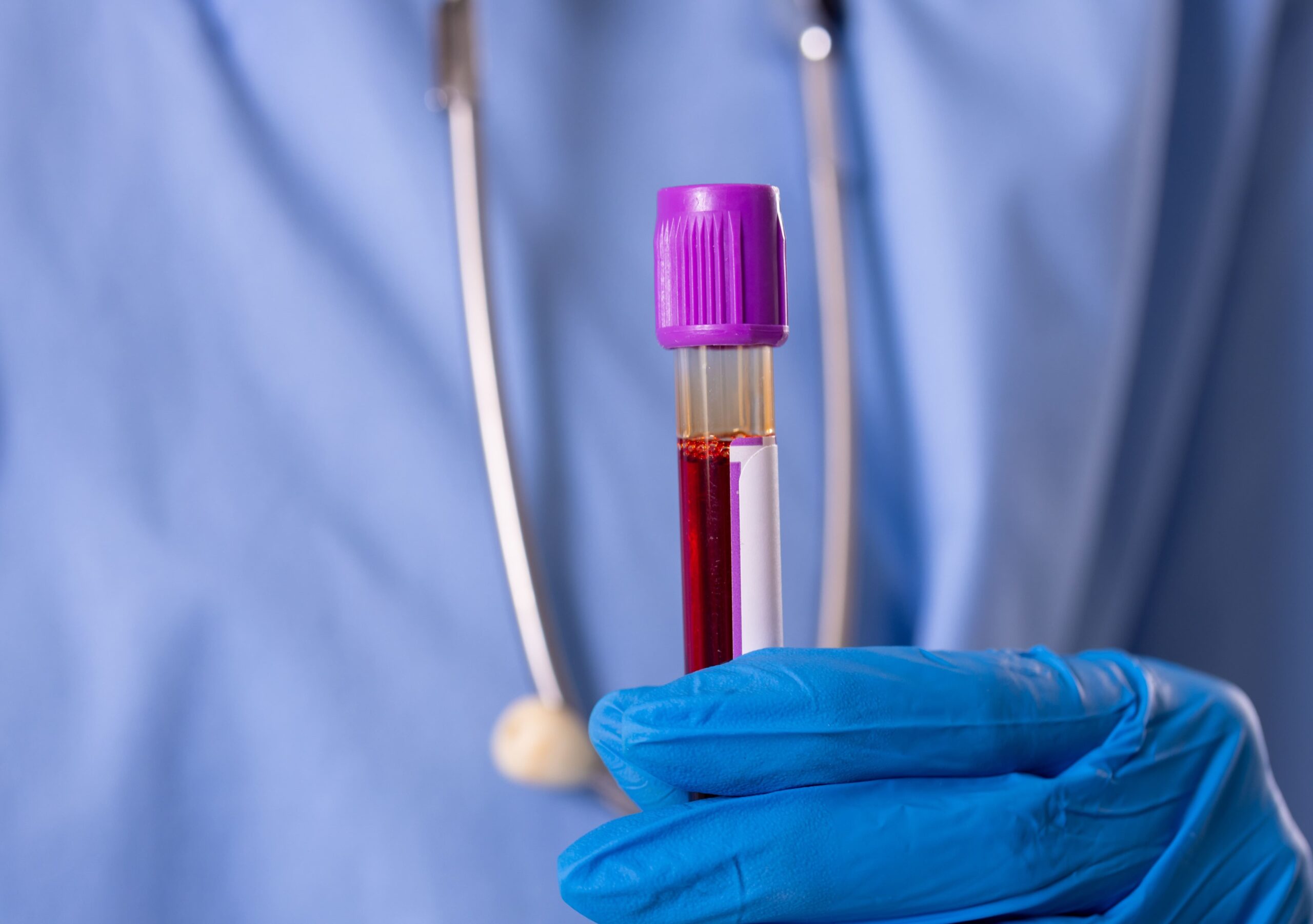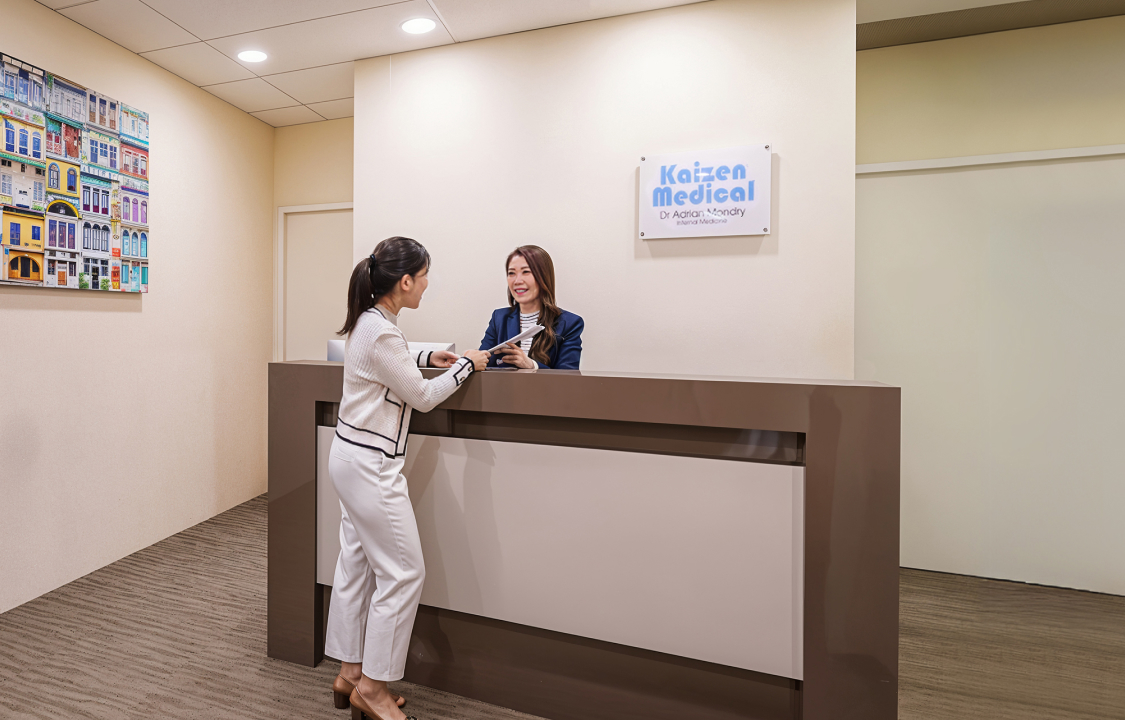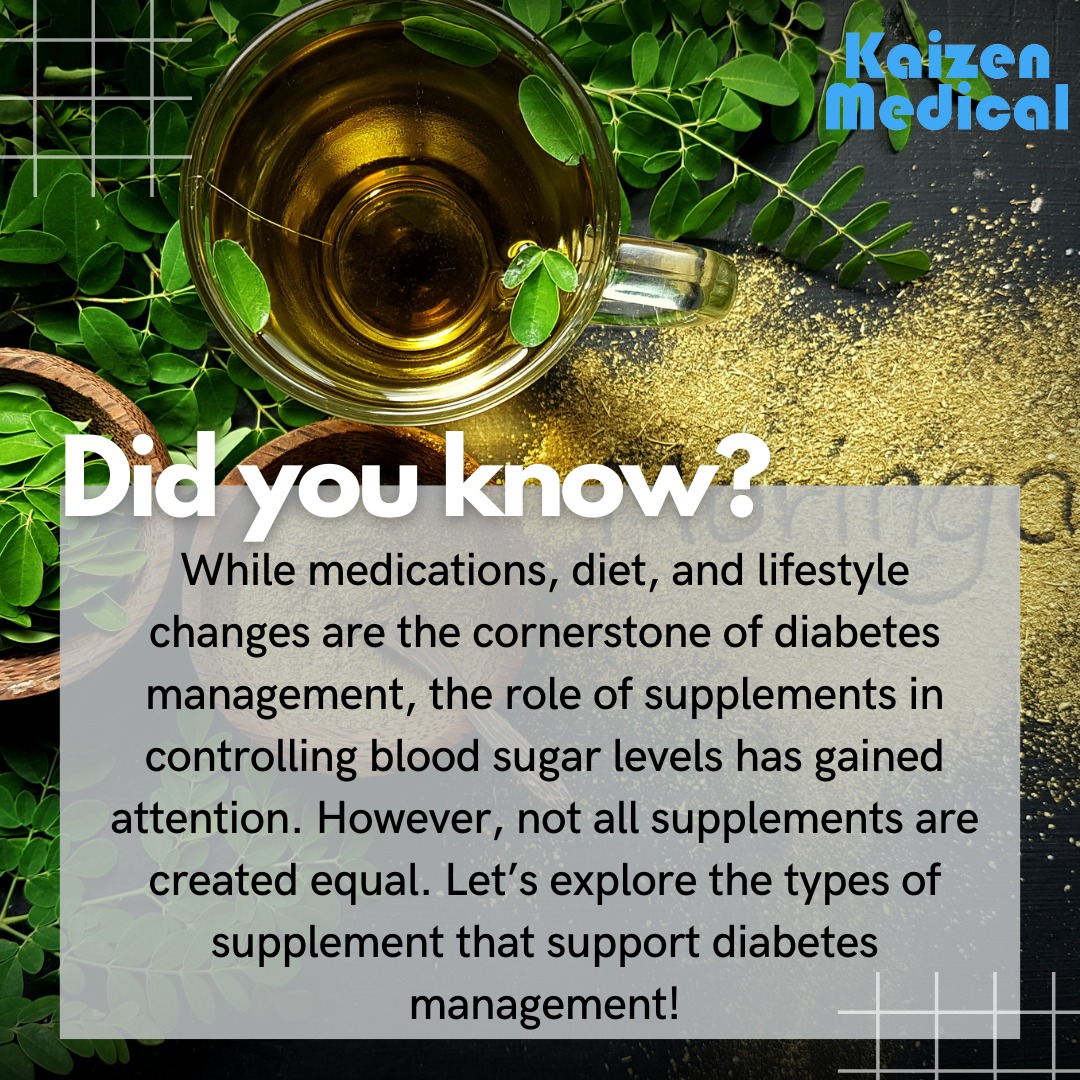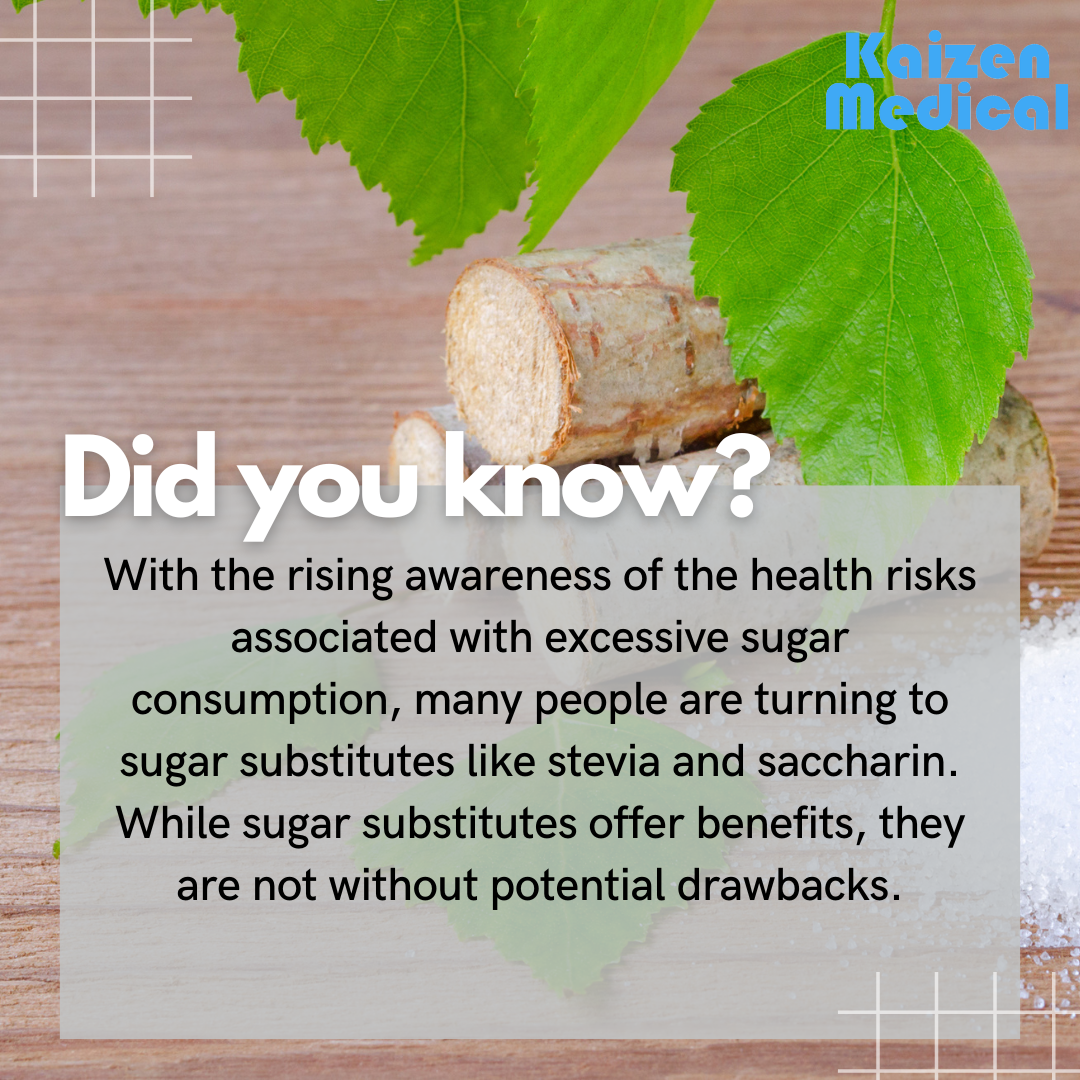Once your diabetes test results are available, your specialist will review them in detail, assess your blood sugar control, and determine whether further evaluation or immediate treatment is needed. If abnormalities are detected, you may be advised to begin lifestyle changes, start medication, or undergo additional tests.
Follow-up is essential for tracking progress, adjusting care plans, and preventing long-term complications. Your internal medicine and hypertension specialist will schedule regular reviews to monitor treatment effectiveness and support ongoing metabolic health.






